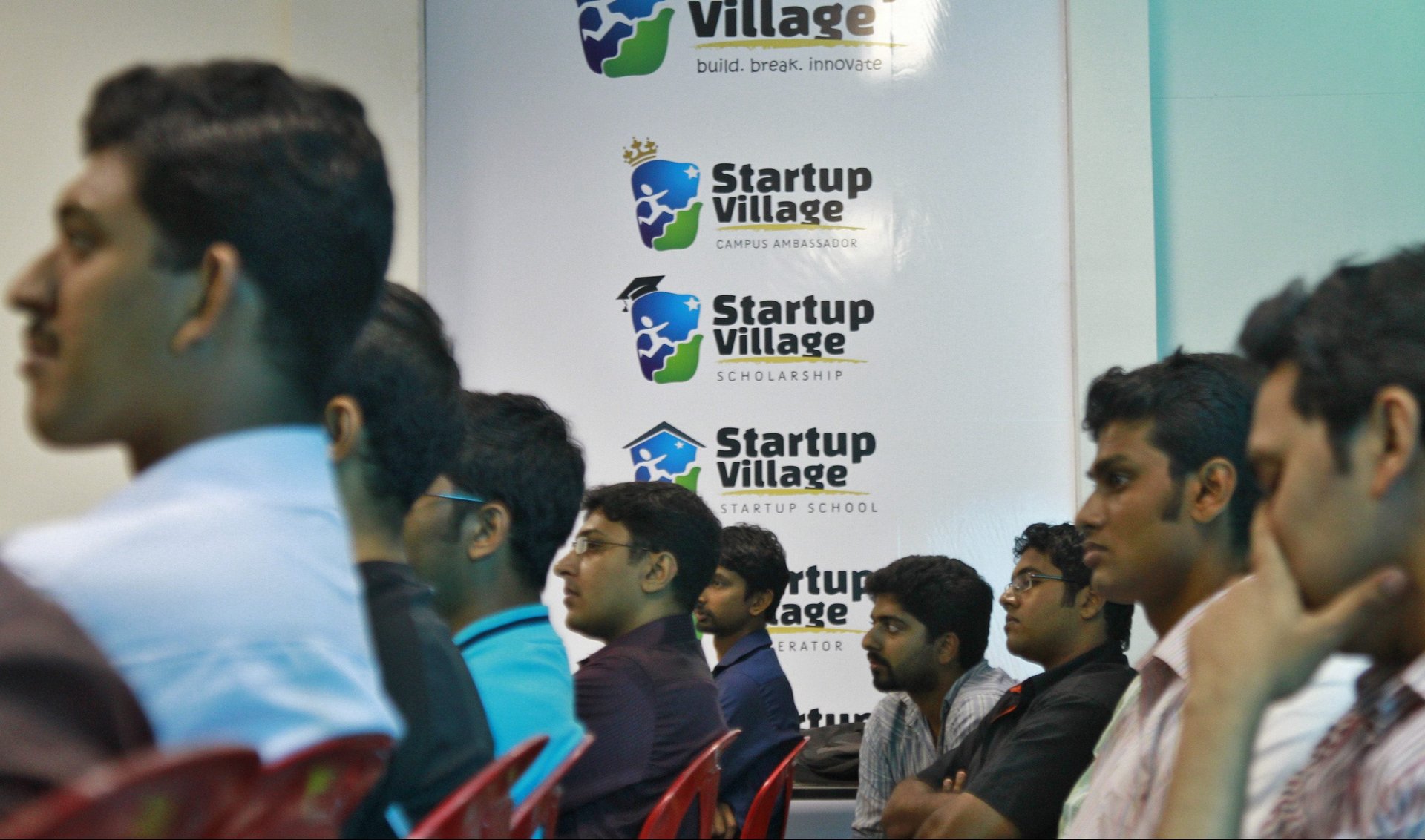Looking for funding in India? VCs have a soft spot for the male, IIT-ian entrepreneur
Venture capital (VC) firms in India hold a narrow worldview when it comes to startup founders.


Venture capital (VC) firms in India hold a narrow worldview when it comes to startup founders.
They show a clear inclination towards companies founded by male entrepreneurs with an academic pedigree, researcher Abhay Jani’s investigation for Quartz has revealed.
Jani, who handles sales and marketing at the startup Acciojob, collated data on the portfolio companies of five big VC firms—Sequoia Capital, Nexus Venture Partners, Blume Ventures, Accel, and Kalaari Capital. The data was sourced from startup intelligence firm Tracxn, jobs site LinkedIn, and other news sources.
Some 30-odd institutes were included in the research as pedigree establishments, including India’s IITs and IIMs, Carnegie Mellon University, and Columbia University.
With or without reason
For years, graduates of the Indian Institutes of Technology (IITs) and the Indian Institutes of Management (IIMs) have been considered the crème de la crème of the startup world.
“It is possible that tech founders from top schools have a greater appetite for risk and try their hand at entrepreneurship, due to better (options to fall back on),” a 2017 Kalaari Capital blog post noted. “All other things being equal (market, idea, approach), investors appear to view academic smarts as a proxy for the ability to solve tough problems.”
There’s also a ripple effect at play. “If I am from an IIT and I got funded by Sequoia, the first thing that comes to mind for my juniors is probably to go to Sequoia,” says Jani.
Besides, there are some definite merits of academic pedigree. Schools like IITs are exceptionally selective with a minuscule 2% acceptance rate. Then, strong alumni networks help with mentorship and access.
What’s more worrying, though, is the gender disparity.
Woman up
Men still dominate the startup world’s success stories with less than one in five VC firms backing companies with any female founders, Jani’s analysis found.
Kalaari Capital, helmed by founder and managing director Vani Kola, backed the most firms with female co-founders but it was still less than a quarter of the 74 companies in its portfolio.
Woman entrepreneurs, though, are almost as effective in fundraising as their male counterparts, a February 2017 research by Bala Srinivasa, managing director at tech-focussed Indian venture fund Unitary Helion, showed.
Around 10% of startups with women founders successfully raised over $100 million in funding, comparable with the share of startups founded by men (10%), Srinivasa found.
Women in India often choose to attend less prestigious educational institutes closer home. This choice, mostly out of safety concerns, puts them further down the ladder. Once in the corporate world, they rarely make it to the top. For many, marriage and maternity create more career roadblocks.
Campuses and corporations have been trying to fix skewed gender ratios with flexible working hours and easier locations. However, these can go only so far. That’s why a handful of startups are working on reintroducing mid-career women into the workforce.
“Though the option of working from home was convenient and helped them (women) maintain a work-life balance, productivity was lesser, the interactions were very minimal, and the motivation continued to be a breaking point,” said Jinal Patel, co-founder and COO at WSquare, a Chennai-based co-working and incubation centre for women. “We realised there is no ecosystem that supports women to find role models.” WSquare provides woman entrepreneurs a platform to showcase their products, connect with influencers, collaborate, and network.
WSquare has also partnered with brands such as GoDaddy, Facebook, ThoughtWorks, PayPal and more to provide opportunities to get back to work by upskilling women.
Bengaluru-based portal JobsForHer, too, works extensively with big companies such as Philips, Aditya Birla Group, and Citi India, as well as startups like Nestaway, among others, to help women get back to work.